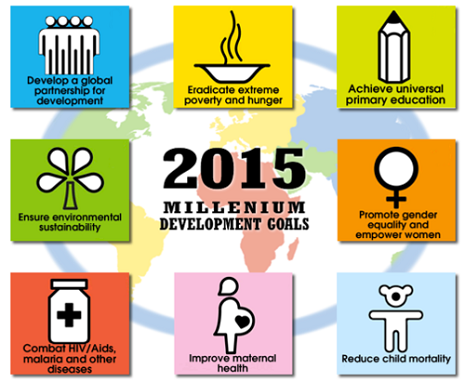Collier stressed "when it`s iron ore coming out of the ground the major characteristic is not that you can turn it into iron, it`s that you can turn it into money; and that money you can then turn into development."
As the number of countries going through industrialization increases in other parts of the world, it has shown that the size of the middle-class increases accordingly. The rising middle-class in other parts of the world is most likely to continue to lead market demand for materials from resource exporters, consequently driving up global consumption and production levels.
Collier said "in order to that to happen, -it`s really complicated- you need really very good stewardship because natural resources revenues are the ultimate unsustainable revenues stream."
For the many resource-based economies in Africa to achieve structural economic transformation, revamping national comparative advantage in terms of abundant natural endowment into competitive advantage is critical.
Collier pointed out "in order to invest well in Africa, you need to build the capacity to invest. That`s what I call investing in investing. Building the domestic capacity to do investment well. That`s easy to say and it`s hard to do."
He asked the attendants "have you done enough of it? Question. Some yes. Some no."
He also said "in order to build a mandate to save and invest, rather than just spend on consumption now, you have to build on the critical mass of citizens who understand why saving is important."
The main challenge for African countries going forward will be to translate the priorities into effective national strategies and policies with the support of the international community and the UN and its relevant specialized agencies such as UNIDO and others.
More about:















































